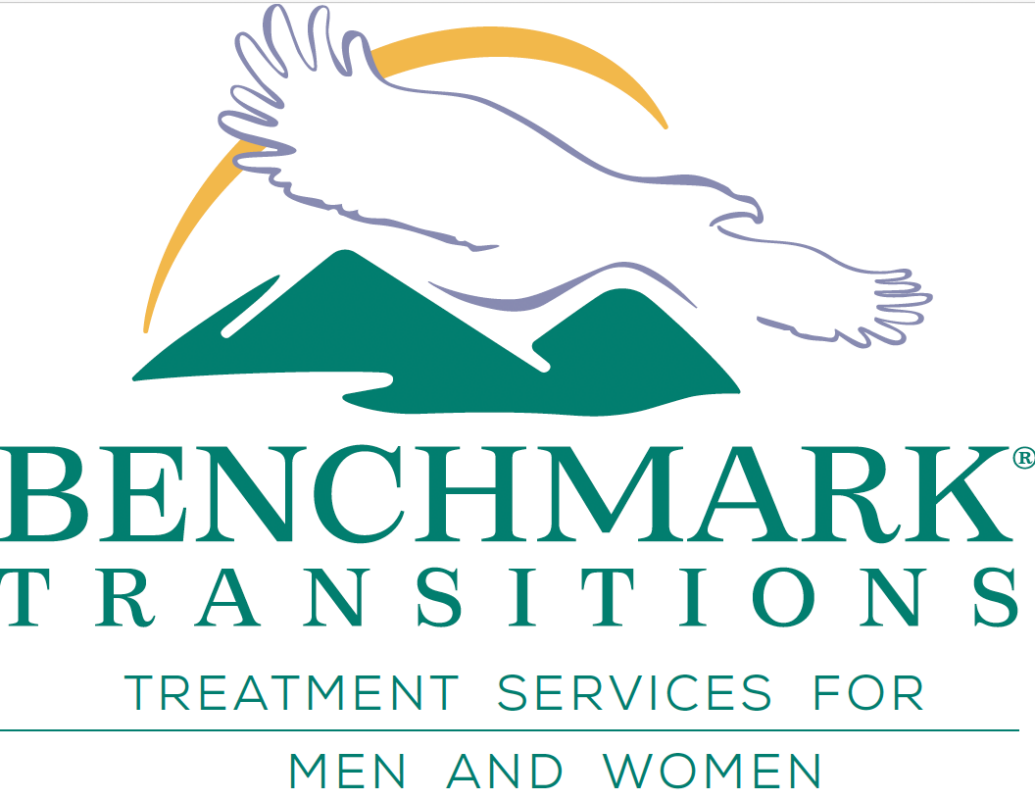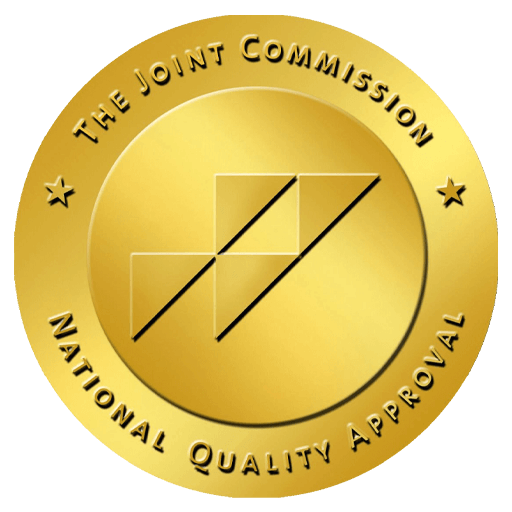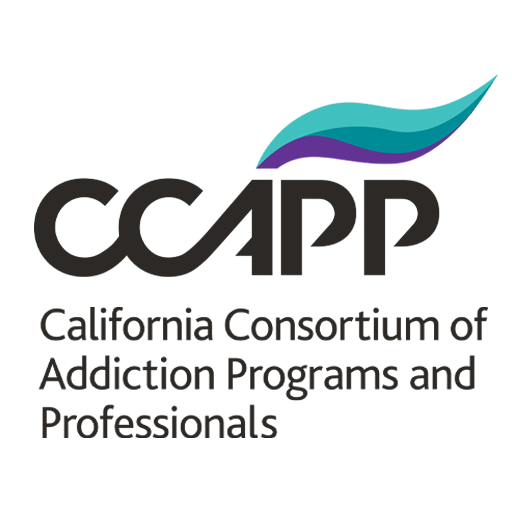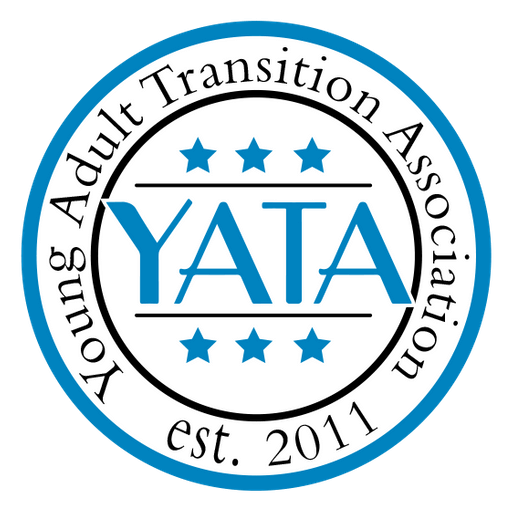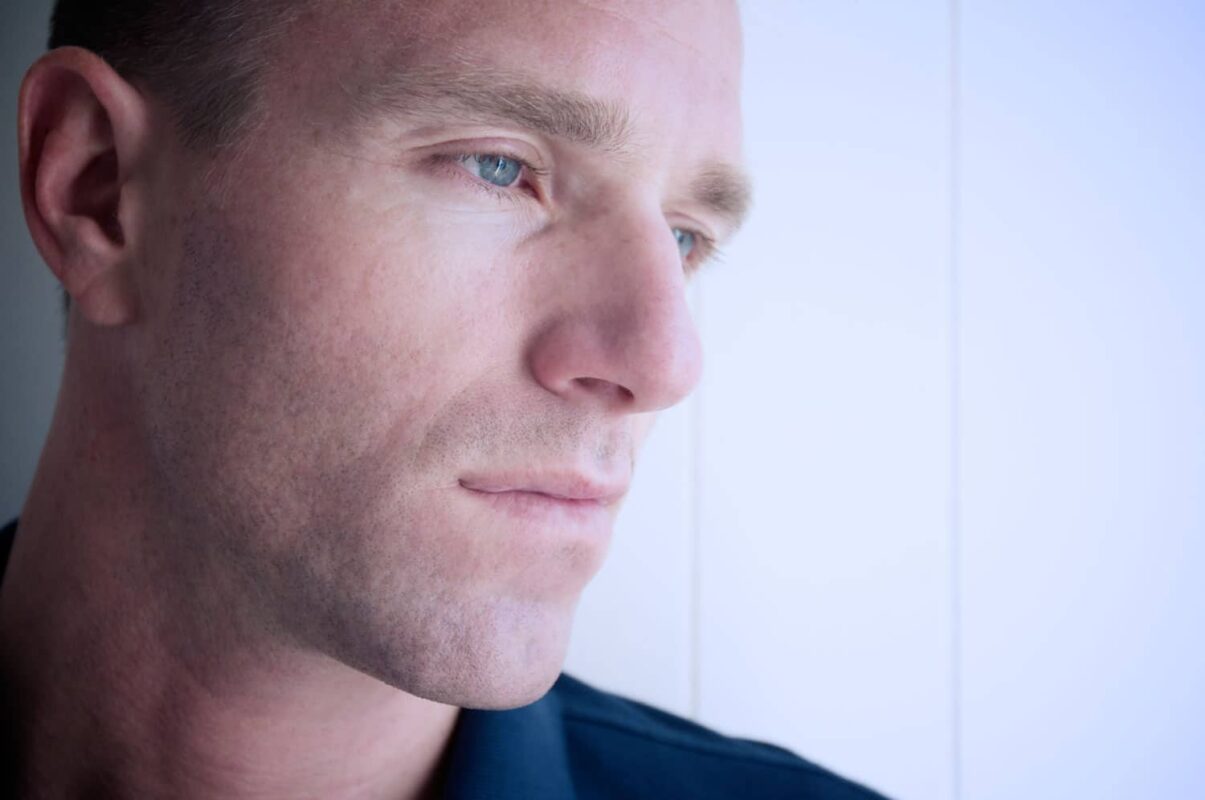Heroin use among young adults
The increase in heroin among young adults has become increasingly concerning. Heroin is an extremely dangerous drug and is responsible for many deaths among young people. Learn what you can do to spot the signs of heroin addiction and the next steps to take that could literally save a young adult’s life.
Young adult heroin facts
According to the US Attorney General, heroin addiction has become an urgent public health crisis.
- The number of young adults using heroin has doubled in recent years.
- The average age for heroin-related deaths is young adults between 18 and 25.
- Around 90% of heroin users are young middle-class men and women.
- Deaths by heroin addiction overdose increased 45% between 2006-2010.
- Here is how you can get drug addiction help from experts and overcome the issue.
- Half of young heroin users abuse prescription opioids prior to heroin.
Is occasional use of heroin OK for a young adult?
College-age young adults don’t believe the occasional use of heroin is dangerous, based on recent surveys. The fact is that heroin is a highly addictive drug, and it doesn’t discriminate. Young people at any age, background, or ethnicity can become addicted very quickly. There’s no such thing as “occasional use” of heroin.
Signs of heroin use in young adults
How to know if someone is using heroin
You can spot heroin use in a young person by noticing changes in their behavior and from the evidence left behind.
Behavioral changes due to heroin use:
- Their grades begin to fall for no obvious reason.
- They hang around a new set of friends and aren’t interested in introducing them to their parents.
- They start to behave badly and stop following school or family rules.
- Their appearance and grooming suffer, with skin that can look more shiny and yellow or broken out.
- They don’t feel well (itching, nausea, vomiting, constipation) but avoid doctor’s appointments.
- Their personality changes, and they can more easily become angry or irritable.
- They tend to lose memory at times, become distracted, and exhibit poor decision-making skills.
- They become more and more standoffish and isolated.
The evidence of heroin use:
Heroin can take the form of a white, gray, or brown powder or be almost black and sticky (black tar heroin). There is a set of drug paraphernalia that heroin users often keep hidden away in their bedroom, bath, or closet. This can include syringes or small pipes, spoons, lighters, and thin rubber hoses for wrapping around the arm to help pop out a vein. The heroin user may have small puncture tracks or needle marks, usually in their arms, but sometimes in their legs or other areas in their body that are not so easily seen.
How heroin affects young adults
Heroin is an opioid synthesized from morphine, which is a natural substance found in the seedpod of poppy plants. Doctors use opioids for medical treatment, mainly to relieve pain. However, heroin was only created to get ‘high’ and has no medical use. It can be injected, smoked, or snorted into the body, where it enters the brain, converts back into morphine, and attaches itself to the opioid receptors located throughout the brain and brainstem. These receptors then modify the pain and reward information to the user, creating a euphoria – the “high.”
As the body builds up tolerance to heroin, the user needs to take more to achieve the same euphoric high.
Signs of young adult heroin addiction
The dangers of heroin to young people
After repeated use, a person can quickly develop a heroin dependency. Heroin addiction occurs when a person requires a greater amount of the drug to maintain the high they receive. At this point, the heroin starts to take over their life, and they prioritize it over family, friends, work, or school. The behavioral signs of heroin use listed above become magnified. Not following rules becomes breaking the law, and often involves stealing to pay for their addiction. Legal troubles can set in. Changes in mood or behavior are magnified – even to the point of a complete personality change. Relationships sour, and isolation becomes the new norm, as the heroin addict has only one true friend left in their life – the drug.
This is where it gets scary. The opioid receptors that regulate automatic life processes like blood pressure and breathing are now being controlled by the drug. No longer self-regulating, they become overwhelmed and can begin shutting down respiration completely, leading to coma or death.
Many deaths among young adults occur due to the ramping up of use that addiction demands. Or even more insidiously, from a break in use and subsequent restart at the same higher dosage, the body can no longer handle – and shuts down.
Most fatal heroin overdoses happen when someone is alone.
Heroin addiction’s effects on the young adult brain
When heroin binds itself to the brain’s opiate receptors, the messaging from the brain to the body is disrupted. Feelings of pain are no longer transmitted effectively while the pleasure centers are overwhelmed, giving the user a sense of euphoria regardless of their actual situation. The normal release of endorphins (the natural opiates in the body) is also compromised, which disrupts the body’s natural check-and-balance system. With the brain now telling the body it is in great shape and the addict feeling no pain and experiencing immense pleasure, the high that is created continues to be chased. The addict will do whatever it takes to get more heroin back into their system so they can feel a sense of pleasure even while their world is falling apart around them.
Long-Term Effects of Heroin on Young Adults
After the young adult starts using heroin, their lives often degrade rapidly. The long-term effects of heroin are disastrous and often life-threatening.
Signs of heroin addiction are:
- Dropping out of school
- Losing a job
- Trouble with the law
- Loss of friends and family
- Loss of a romantic partner
- Self-mutilation
- Living on the street
- Irreversible brain damage
- Poor cognitive reasoning
- Compromised immune system
- Stroke, heart attack, or seizures
- A wide array of medical issues
- Suicide
- Death
Help for young adults using heroin
The very best treatment is prevention, and talking to young adults about the dangers of heroin addiction may prevent them from ever starting down that path. It can feel as awkward to bring up as the birds-and-the-bees conversation, and they may not seem open to hearing it. But they will hear, and they will know that you love and care about them enough to initiate the conversation. Research has shown that young people whose parents discuss the dangers of drugs with them are almost half as likely to start using drugs as those who never have the conversation.
If you know a young adult that is using heroin, don’t ignore it! Express your concerns, offer your support, and help them to get the treatment they need. Recovery from heroin addiction takes effort, but with proper treatment in a supervised recovery program, life can return to normal.
The process starts with detox, which flushes the drug out of the system and typically lasts from a few days up to a week. When detox is complete, they will enter residential treatment for a longer period, during which time they get the counseling and resources they need to re-connect to their life, family, and friends as a drug-free young adult. It is important to find a residential treatment center that specializes in young adult treatment.
Young Adult Heroin Addiction Information & Additional Facts:
https://www.cdc.gov/vitalsigns/heroin/index.html
https://www.drugabuse.gov/related-topics/college-age-young-adults
https://www.asam.org/docs/default-source/advocacy/opioid-addiction-disease-facts-figures.pdf
